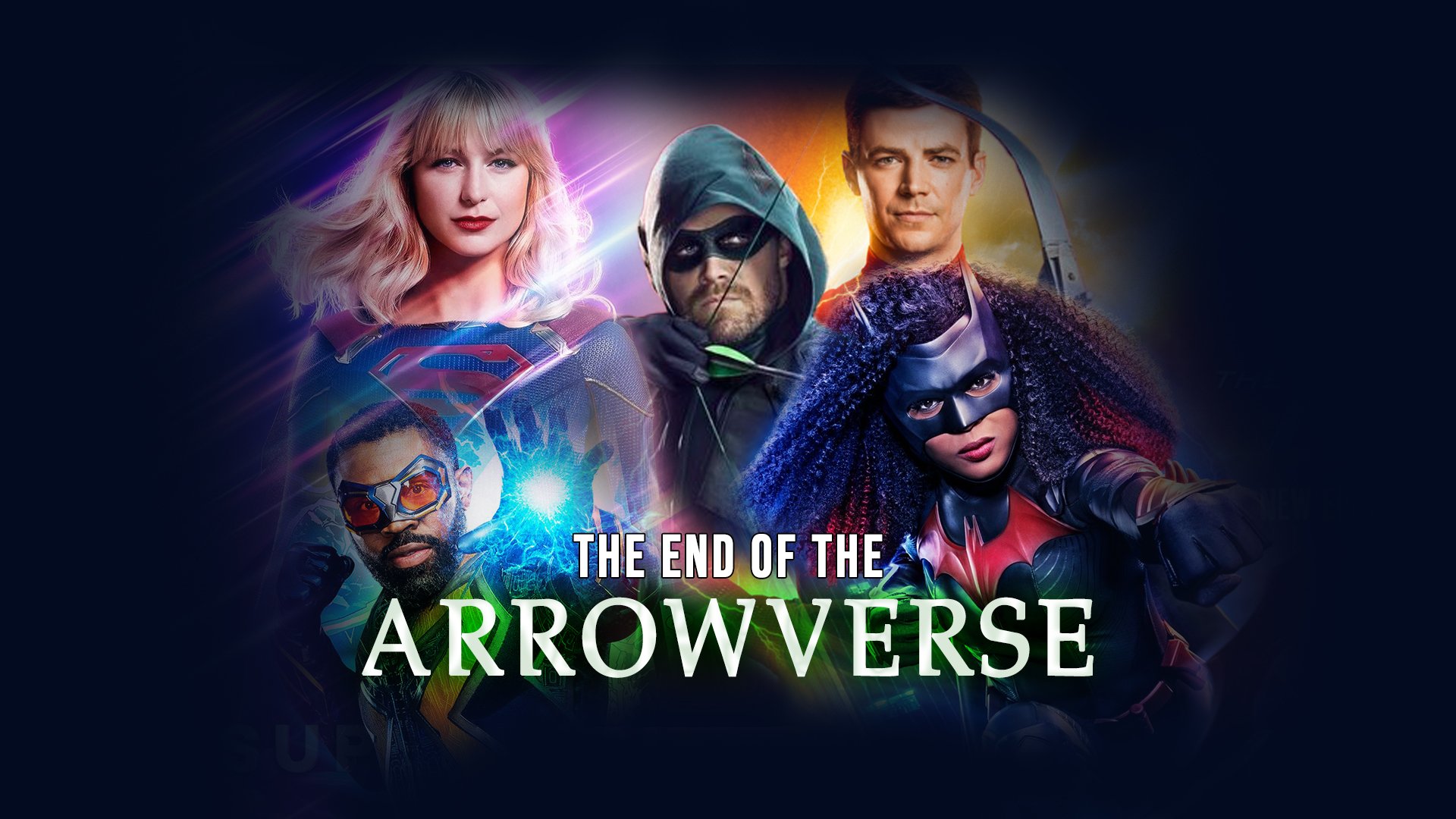By Brandon T. McClure
In the midst of massive restructuring in Warner Bros. and the CW channel, the CW recently announced that the planned ninth season of The Flash will be the end of the long-running (pun intended) Arrowverse show. After it was revealed that Superman & Lois did not take place in the Arrowverse (despite conflicting reports in the first season), The Flash became the last show standing. At its height, the Arrowverse consisted of six shows, and one by one the expansive universe dwindled into one. The exciting New Era promised after the “Crisis On Infinite Earths'' crossover seems to be ending with a whimper, rather than a bang.
Flash (Grant Gustin) in CW’s The Flash
After Arrow’s successful first season, the second season looked to expand the world and introduced Bary Allen. His episode was meant to be a backdoor pilot for a series based on the DC character, The Flash. The Flash began airing in 2014 and quickly became popular with viewers. It was instrumental in expanding the Arrowverse and the relationship between Oliver and Bary became a crucial linchpin in the franchise. What started as a world without superheroes, developed into an exciting and expansive world that would go on to include many superheroes.
Supergirl, Legends of Tomorrow, Black Lightning, and Batwoman would soon follow, as the world and the multiverse expanded. Dozens of DC Comics heroes and villains big and small would be introduced like Firestorm, Martian Manhunter, and even Superman. Eventually, the shows felt just as alive as the comics they were based on. Crossovers became annual events that would delight audiences as the universe grew bigger and, often, more ridiculous. Eventually, the crossovers grew so large that they adapted the biggest crossover in DC comics history, Crisis on Infinite Earths. The end of the massive five-part crossover promised a bright future for the Arrowverse. Green Arrow was gone, Supergirl and Black Lightning were merged into the same Earth and Superman was about to get his own show, an assumed spin-off of Supergirl, the stage was set for even bigger events and even a Justice League.
Mon-El (Chris Wood) and Supergirl Kara Zor-El (Melissa Benoist) in CW’s Supergirl
Then the pandemic happened and the bright future was cut off. The pandemic was a struggle for the entire entertainment industry the longer it went on. Shows and movies were able to film but the restrictions made scheduling very difficult. Restrictions on how many actors could be on set, not to mention actors getting sick from the COVID-19 virus made the job of writing the shows much harder. Proposed crossovers weren’t able to happen due to various scheduling issues and a desire to keep every set isolated in the hopes of quelling the virus. Keeping a shared universe together requires a lot of planning, and the pandemic made planning and structure almost impossible.
Ruby Rose, who headlined Batwoman, was going to be positioned as one of the new faces of the Arrowverse due to her natural chemistry with Melisa Benoist, who had played Supergirl for many years now. Rose left the Arrowverse show, however, for many reasons, most notably the abuse she suffered on set from producers. Rather than replacing Rose in the lead, the showrunners created a new character to be played by Javicia Leslie, in the second season, in the hopes of saving the show from cancellation. Benoist herself decided to leave the Arrowverse, which put an end to Supergirl due to her becoming pregnant and wanting to focus on her family. The end of Supergirl would follow the premature end of Black Lightning, although a spin-off of the latter was developed but never greenlit.
Ryan Wilder/Batwoman (Javicia Leslie) in CW’s Batwoman
After Superman & Lois, the Arrowverse struggled to launch new shows set within the “Earth-Prime” continuity. A spin-off of Arrow was developed centered around Oliver Queen’s daughter taking up the mantle of the Green Arrow in the Star City of the near future. Tentatively titled Green Arrow and the Canaries, the show would languish in development hell until The CW decided not to move forward with the series. Fan favorite character John Diggle currently has a series in development called Justice U, but it remains to be seen if that series will ever make it to air.
Batwoman and Legends of Tomorrow ended earlier this year, leaving The Flash as the final Arrowverse series. As each show began to fall, it became increasingly bizarre that The Flash was still going. Every time the series was renewed for a new season, many would wonder how long this show could continue. Finally, the announcement came that the upcoming ninth season would be its last. While there are other DC shows on the CW like Stargirl, the upcoming Gotham Knights, and the aforementioned Superman & Lois, there are no more that share the continuity established in 2012 with Arrow.
With so many shows set in one continuity, it can be difficult to sustain them, and the ambitious plans for the future of the Arrowverse might not have been sustainable anyway. The shows were incredibly popular, and perhaps their popularity was always going to wain after “Crisis on Infinite Earths”, but it’s hard not to lament the way the Arrowverse is going out. The Arrowverse deserved to go out with a big bang, something even bigger than their biggest crossover. But sadly, all it will get is a few episodes of The Flash season 9 and that will be it. These were popular characters and actors that audiences loved and it just feels like they deserved more.




